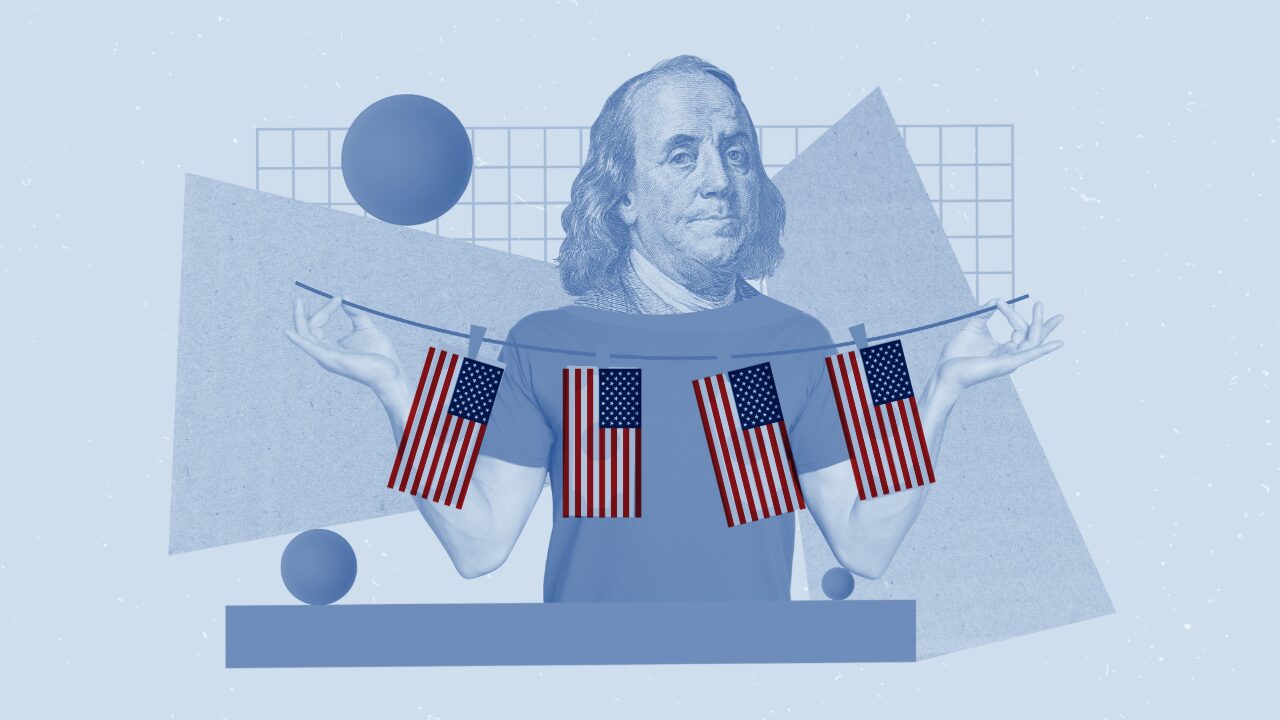Earlier this week, the U.S. Senate passed a comprehensive infrastructure package titled the Infrastructure Investment and Jobs Act. The bipartisan measure includes over a half trillion dollars in spending on roads, ports, bridges, and rail, among other priorities. Included within the 2,700 page bill are a few items of interest to ABMA—
- Provisions promoting work force development in the transportation sector. Specifically, language authorizes grants to educational institutions or state departments of transportation, in partnership with industry, to develop, test and review new curricula and education programs to train individuals at all levels of the transportation workforce. Further, the new curricula and education programs will provide for hands-on career opportunities to meet current and future needs.
- Authorization for a pilot program allowing young drivers (between 18-21 years old) to operate trucks interstate after completing rigorous operational and safety training. Currently, younger drivers may drive all day every day within a state’s borders but may not cross state lines. For the last few years, the provision, known as the DRIVE Safe Act, has been a priority of truck-dependent industries as a way of attracting younger drivers to the profession. Related language was also included promoting women in the trucking workforce.
- Language establishing a vehicle miles travelled (VMT) fee pilot program. Specifically, the legislation authorizes $125 million for grants that would enable creation of pilot VMT programs to collect data on whether a VMT is a viable option for replacing the gas tax to fund highway programs. The VMT would apply to both private and commercial vehicles.
- Efficient Manufacturing—$2.1 billion in assistance to help manufacturers improve energy, water and material efficiency, load management and onsite generation to reduce waste and pollution while increasing profit. The provision includes a special set aside for small to medium sized manufacturing operations.
Overall, the business community supports the measure as it does not roll back any tax benefits accrued from the Tax Cuts and Jobs Act. Funding for this proposal is derived in part from reprogramming unspent COVID relief funds. The National Association of Manufacturers released a statement following Senate passage that it strongly supports the measure and worked aggressively for its passage through the Senate. Prospects for ultimate enactment of this legislation are unclear as action in the House of Representatives awaits. House Speaker Nancy Pelosi has signaled that the lower chamber will not take up the Infrastructure and Jobs Act until the Senate acts on a reconciliation package that will be the vehicle for President Biden’s “social infrastructure” investment initiatives outlined in his American Families Plan. Before leaving town for the remainder of August, the Senate voted along party lines to advance a budget resolution containing reconciliation instructions that empowers committees in the Senate to begin fashioning a $3.5 trillion spending and tax package. House leadership announced on Wednesday that the House would shorten its August recess and come back to Washington August 23 to take up the Senate-passed budget resolution and begin its process.
Next Steps:
Work in earnest on this second, larger measure will begin in early September when committees in both chambers will be assembling their portions of the overall package. Key committees are the Senate Finance and House Ways & Means Committee as these two panels are in charge of paying for the package in the form of revenue raisers. An increase in the corporate rate is on the table as is eliminating the “step up in basis” for calculating capital gains. Other key committees holding the pen on issues critical to the sector include the Senate Environment and Public Works Committee and the Senate Energy and Natural Resources Committee, two panels that will be crafting green house gas mitigation policy such as a carbon border adjustment fee and a renewable electricity standard, respectively. In the House, the other key panel is the Energy & Commerce Committee, which has jurisdiction over most environmental and energy policy.
The stated deadline for committees to report out their pieces of the package is September 15, although that deadline is non-binding and will almost certainly slip. The general consensus is that a number of proposals under discussion for inclusion in this $3.5 trillion package lack sufficient support for passing in either the evenly divided Senate or the House, where Democrats can afford only 3 defections in order for this package to pass. House and Senate Republicans are expected to be unified in their opposition. Moderate Senators Kristen Sinema (D-AZ) and Joe Manchin (D-WV) have already signaled that they cannot support the $3.5 trillion package as currently outlined. Likewise, Rep. Stephanie Murphy (D-FL), a leader of the 19 member Blue Dog Coalition in the House—a group of moderate to conservative Democrats—has signaled her Coalition’s concerns with the current outline. To obtain the necessary number of votes, the package will likely have multiple iterations, potential failed votes, and could result in a smaller, more targeted package. ABMA is close to the players and the process and will be engaged in the coming weeks and months in communicating our concerns and priorities to Members of Congress, legislative leadership and the Administration.




